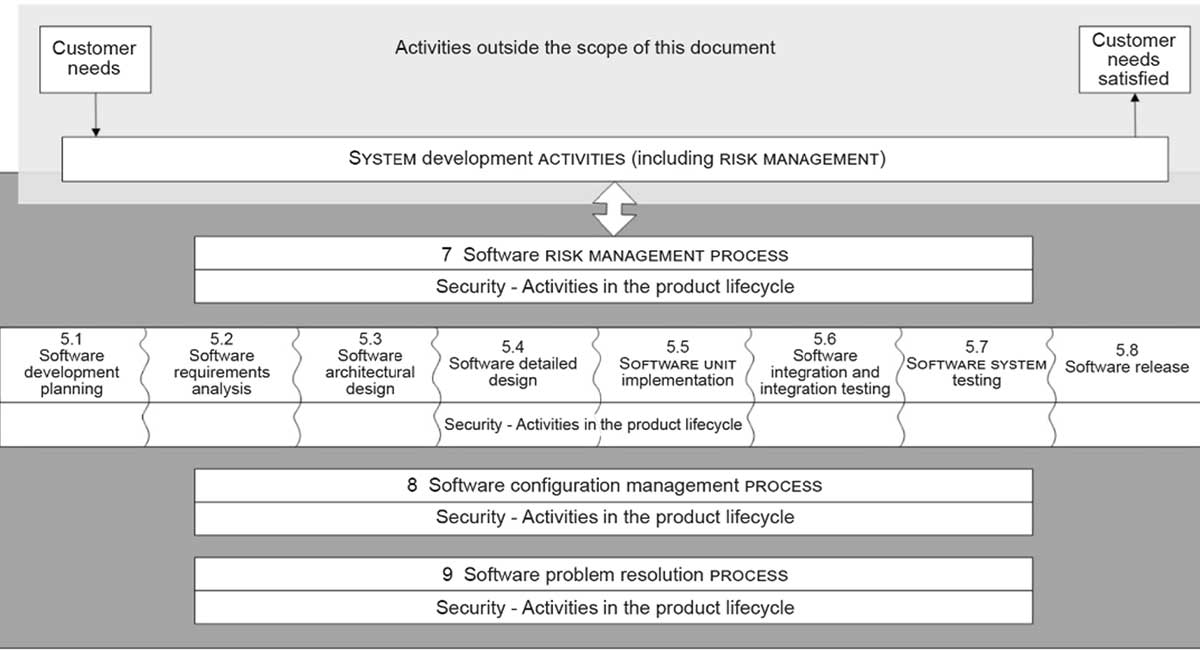While policymakers claim such measures are necessary for national security, history has repeatedly shown that backdoors are a gateway to widespread vulnerabilities.
In an era where cyber threats are escalating, the solution isn’t for more centralisation – it’s decentralisation, post-quantum security specialist Naoris Protocol says.
Centralisation: the root of security failures
The notion that central authorities can safeguard encrypted data while ensuring national security is fundamentally flawed. Centralised systems by default create single points of failure to the network they are connected to, making them attractive targets for malicious actors, Naoris Protocol says.
Recent cybersecurity failures, including the Bybit crypto exchange hack, the CrowdStrike incident, and the ransomware attack on Change Healthcare, serve as stark reminders that even the most sophisticated centralised organisations remain vulnerable.
The UK’s proposal would create an unprecedented weak link – if a backdoor exists, it’s only a matter of time before cybercriminals, hostile state actors, or rogue insiders exploit it. Once that happens, millions of users will have their personal data exposed, eroding trust in digital services. Worse yet, this approach ignores the fundamental shift required to truly secure our digital world: decentralisation.
David Carvalho, CEO of Naoris Protocol, comments: “Centralisation creates vulnerabilities. Every major cyberattack proves that security must evolve beyond the outdated fortress mentality. We need a decentralised, trustless model where security is a collective effort, not a single point of failure. Naoris Protocol is leading that revolution.”
Privacy without backdoors: data privacy and sovereignty first
Naoris Protocol ensures data privacy and sovereignty by leveraging a Decentralised Trust Mesh, where sensitive and personal data is never stored in a single, centralised repository but on individual devices themselves. Instead of relying on a single authority, security is collectively enforced through a Blockchain consensus mechanism called dPoSec, preventing undue influence or control from any single entity.
Through its DePIN-incentivised model, security validators are rewarded for their security contributions to the network, while bad actors face penalties or removal. This approach ensures that security is autonomously upheld without requiring government-mandated backdoors that erode individual privacy. Furthermore, a decentralised audit trail provides transparency and compliance without compromising data privacy.
Decentralisation: the only viable security model
Naoris Protocol’s Decentralised Physical Infrastructure Network (DePIN) model transforms every device into a security validator, creating a resilient, distributed cybersecurity framework that eliminates single points of failure. Unlike traditional centralised security models that concentrate risk, this approach spreads security responsibilities across a global trust network, fortifying digital infrastructure at scale.
With real-time threat detection, each device shares security intelligence across the network, ensuring collective defence against cyber threats. The more nodes that join the network, the stronger and more secure the entire ecosystem becomes.
Addressing counterarguments: feasibility and compliance
Critics argue that decentralised models are too complex or impractical for widespread adoption. Yet, Naoris Protocol has built an infrastructure that aligns with NIST, NATO, and ETSI post-quantum cryptographic standards, ensuring that it is both scalable and regulatory-compliant without sacrificing privacy.
Another common counterargument is that decentralisation impedes law enforcement investigations. However, Naoris Protocol provides a real time decentralised audit trail, enabling verifiable security oversight without backdoors. This approach offers a solution that satisfies compliance needs without compromising fundamental user rights.
Post-quantum security: a future-proof approach
With the rise of quantum computing, today’s encryption methods will soon become obsolete. Cybersecurity solutions that rely on traditional cryptographic techniques are racing against time before quantum breakthroughs render them ineffective. Naoris Protocol is integrating quantum-resistant encryption, lattice-based cryptography, and Dilithium signatures to protect against future quantum threats. By aligning with NIST, NATO, and ETSI post-quantum standards, Naoris Protocol ensures long-term security for both Web2 and Web3 ecosystems.
The time for decentralised security is now
The UK government’s push for encryption backdoors highlights a dangerous misunderstanding of modern cybersecurity. Big tech companies, policymakers, and cybersecurity professionals must reject outdated, centralised models and embrace decentralised, incentive-driven security frameworks.
The cybersecurity landscape is at a crossroads. Will we continue down the path of centralised, government-mandated vulnerabilities? Or will we seize the opportunity to build a future where security is truly secure?
The choice is clear. It’s time to decentralise.















